An Interview With Tina Hoffmann – Company Director of Family Business Didymos
Welcome to Day 3 of Black Babywearing Week 2019. I must say, we are completely overwhelmed with the amount of love and support we have received since launching a UK branch over here. As part of the week, we have some interesting interviews lined up, kicking off with Tina Hoffmann, the woman behind her family business Babywearing Brand Didymos.
I personally have been a massive fan ever since my Firstborn arrived 3.3 years ago. Not only because they have a wonderful selection of super gorgeous woven wraps, mei dais and onbuhimo’s as part of their extensive Babywearing range.
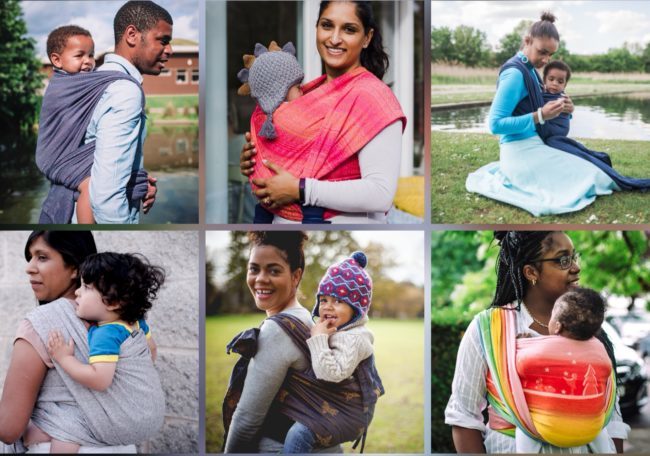
But because they are also one of a few companies within the Western Babywearing World that has representation of POC as a high priority when it comes to choosing their Babywearing models as pictured above.
Keen to know more about the company itself and her stance on striving to be an inclusive babywearing brand I asked Tina a few questions…
Please introduce yourself and the roles and responsibilities you have within your company?
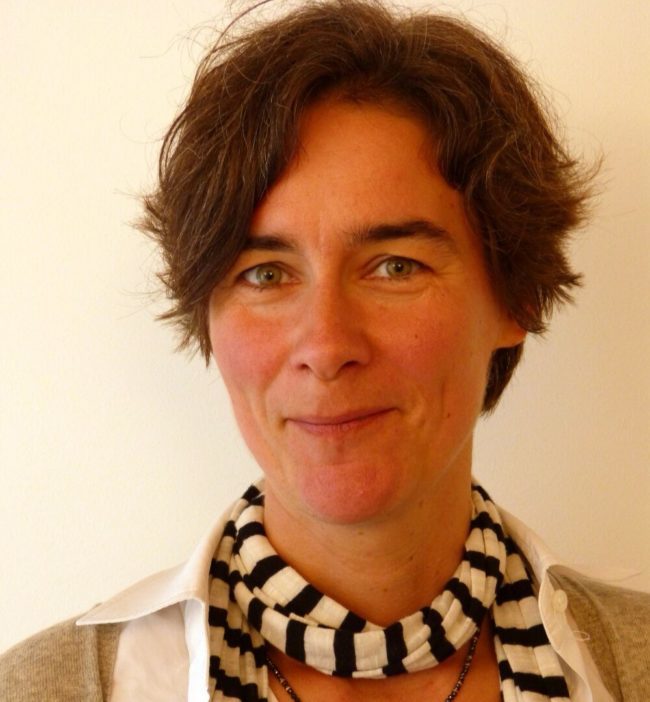
I am Tina Hoffmann, the youngest and 4th child of Erika Hoffmann, founder of DIDYMOS. Since 1997 I have worked at DIDYMOS, becoming managing director in 2005 together with my mother until she died in 2015.
Of my siblings, my older sister Anna is also at the company. She runs the brick & mortar store, is responsible for the Babywearing Classes, and teaches herself.
What was the decision behind establishing your company Didymos?
When my mother realised she was pregnant with twins, she wondered how she could give us the same amount of closeness as her older children. In the book “Die Mutter und ihr Kind” she saw pictures of women around the word wearing babies in cloths. So she carried us in a cloth a friend had given her years before from South America.
For some reason a large German news magazine (Der Stern) wrote a 3 page story of this woman, my mother, and all of sudden she got requests from all over Germany for a cloth but had only her own.
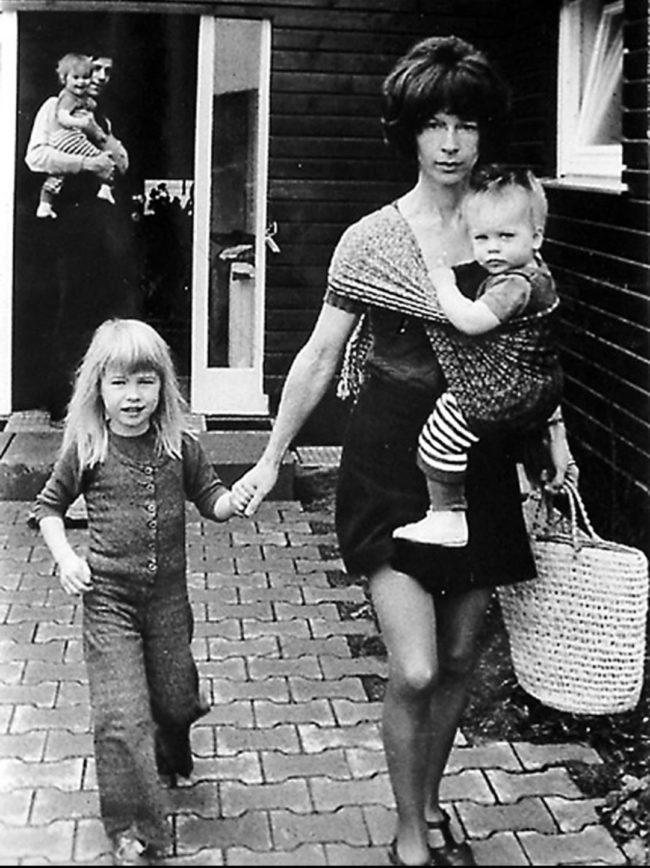
Her idea was to show everyone the wonderful way of being close to their children, carrying them and giving them warmth. The Nazis had quickly and dramatically changed the way of caring for children. Before their regime, it was natural that the children were carried and breastfed on demand.
But the Nazis “invented” immediate separation, a schedule of 4 hours for breastfeeding and laying babies down the rest of the time all in order not to “spoil” them (Johanna Haarer’s 1934 book “Die deutsche Mutter und ihr Kind” (The German Mother and Her First Child) was the leading parenting book at the time and used by the Nazis in their training program for mothers). And after the 2nd World War, these rules remained.
In the year 1972 a woman was not allowed to work without the agreement of her spouse. My mother was a middle child and grew up during the 2nd World War, and when people told her “you will not manage that,” she was determined to prove the opposite.
It was the same with DIDYMOS – no one believed in this company, and it took 25 years to return to when babywearing was accepted again in Germany.
What is the story behind choosing the company name?
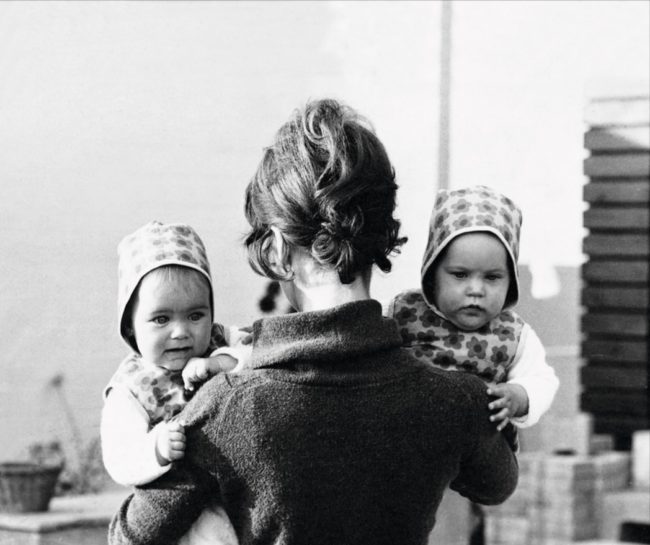
That is quite easy: my mother had no idea. She needed a name so her friend rang her son, who studied Ancient Greek. The friend asked him what “twin” was in Ancient Greek, because of me and my twin sister being born, and it was DIDYMOS.
Your brand has an extensive range of beautiful woven wraps, slings, carriers and Babywearing accessories. Where is the inspiration drawn from?
It is all very different. Some are ideas from our customers, such as Kipos. Some are ideas from our team.
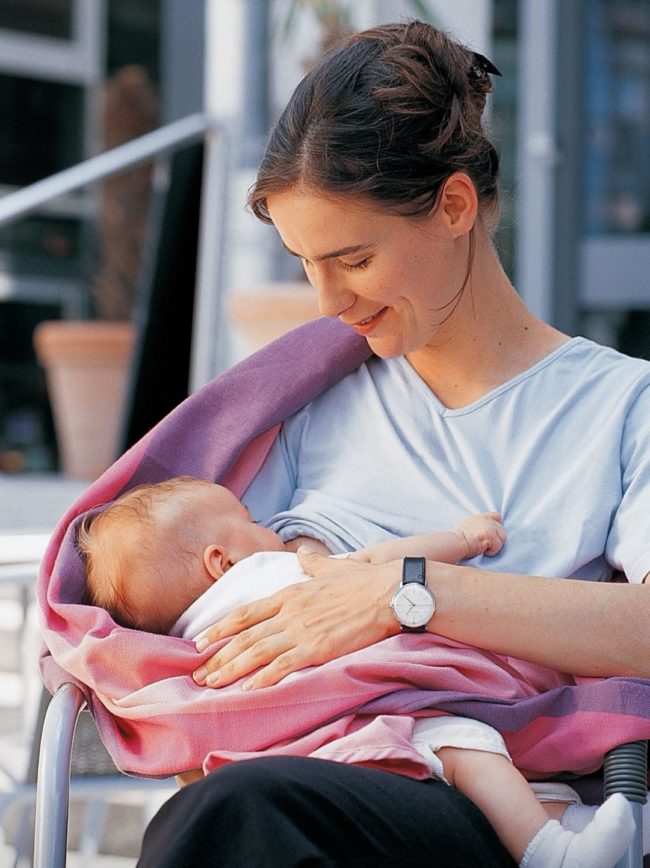
Others are a mixture of old weaving techniques like goose eye which can be found all over the world. The stripes, my mother composed from bouqets of flowers she bought at the local farmer’s market.
Where are your products made?
We manufacture in Germany and Austria and we work with smaller companies. For example, one offers training to woman who escaped domestic violence and never had the chance to work.
You hosted a lecture on diversity and inclusion by LaKeta Kemp a few months ago. Can you tell us why such matters are important to you and your brand?
It was my very personal interest in first place. And I am very grateful that LaKeta Kemp suggested giving this lecture and would come to us in Germany from the USA.
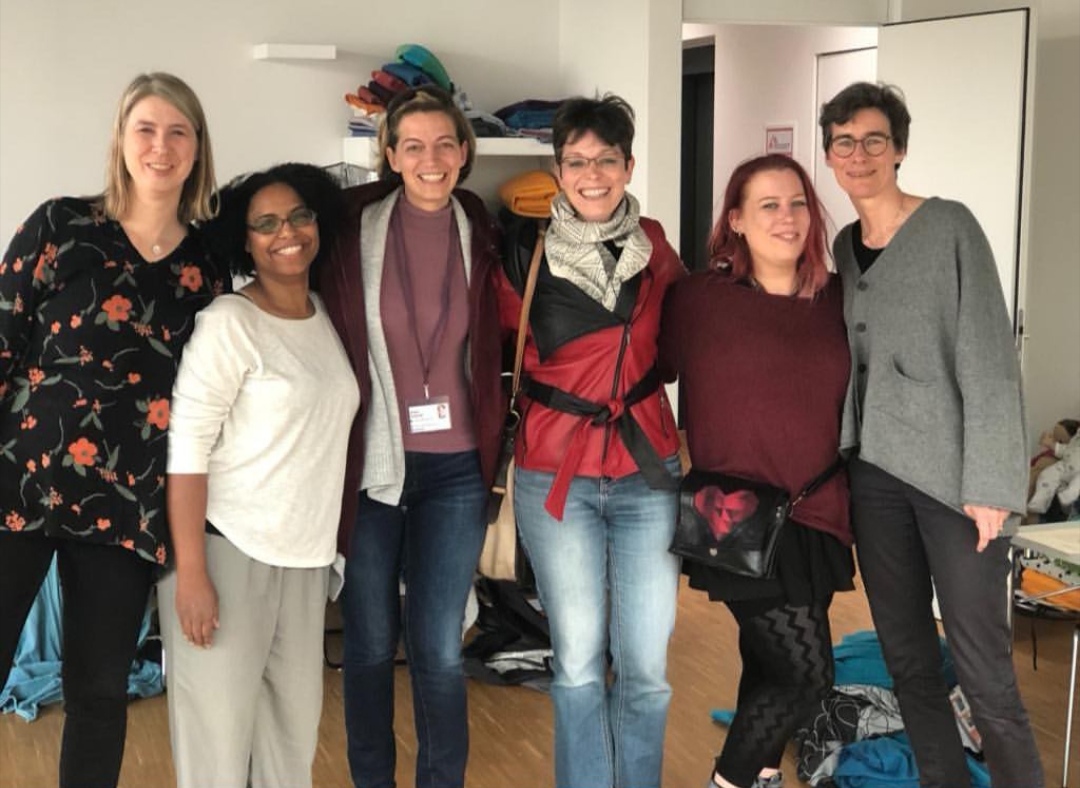
I had realised in the last several years that as Didymos received more and more interest around the globe, we missed adapting to those countries.
The cultures and histories are so different, and we need to understand and always learn more.
The audience of that lecture was from different parts of Europe proving that there is a lot of interest here to learn as well.
I had two more days with LaKeta after her talks and she shared knowledge and kindness.
Who are the people (staff) behind Didymos?
We are a rather small company. Every year we have one or two apprentices who learn a profession within 3 years and we try to employ them regularly when they finish their exams. In addition, we have a few who joined when they were older.
The average age is 45 and we range from 18 – 78 years old. We are all women besides one man, the facility manager, and the cleaner. Most of us work part time, either caring for children or parents/relatives.
Two of our current apprentices are refugees from Syria and Cameroon (Loretta and her mother gave a wonderful workshop on babywearing in Cameroon), one is Kurdish, one ex-apprentice is Turkish, two Russian-German. We are from Romania, Italy, Greece as well and there are very, very few Germans.
Didymos has been established since 1972. How have you got to where you are now and what lessons have you learnt along the way?
When DIDYMOS was born I was still a baby. But as a child I learned not to give up (several times, my mother was close to closing down the company because it did not work and she had little support), and follow your ideas.
I also learned not to be embarrassed by a working mom (unusual when I grew up). The company grew slowly as my mother had to raise 4 children and had no family for support. She also did not have an investor.
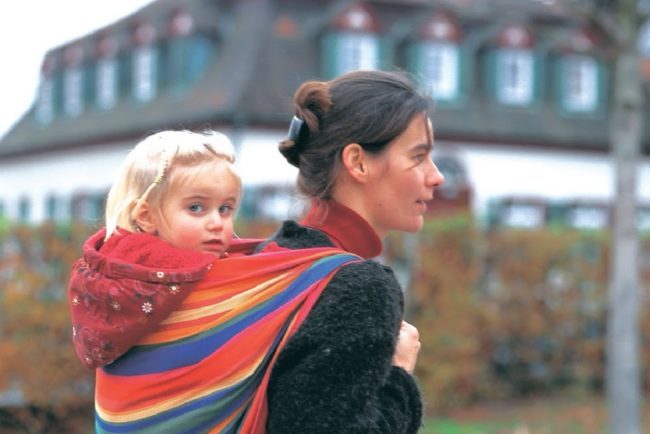
So maybe that is why we are still here – we stay close to our ideas, we strongly believe in social responsibilities and ethics, and we need to give our team the ability to combine family, personal needs and work in a healthy way.
We try to give back by supporting “Doctors Without Borders” in partnership, by donating carriers to people in need no matter where they are, and by being a founding member of “Unternehmen integrieren Geflüchtete” (Companies integrating Refugees).
I think this is the concept, stay close to your principles, but adapt to change. *interview concludes*.
I hope you have found this interview an enjoyable read. Being an inclusive brand is something Tina and her company Didymos strive to achieve but also acknowledges that there is always room for improvement.
Google+



